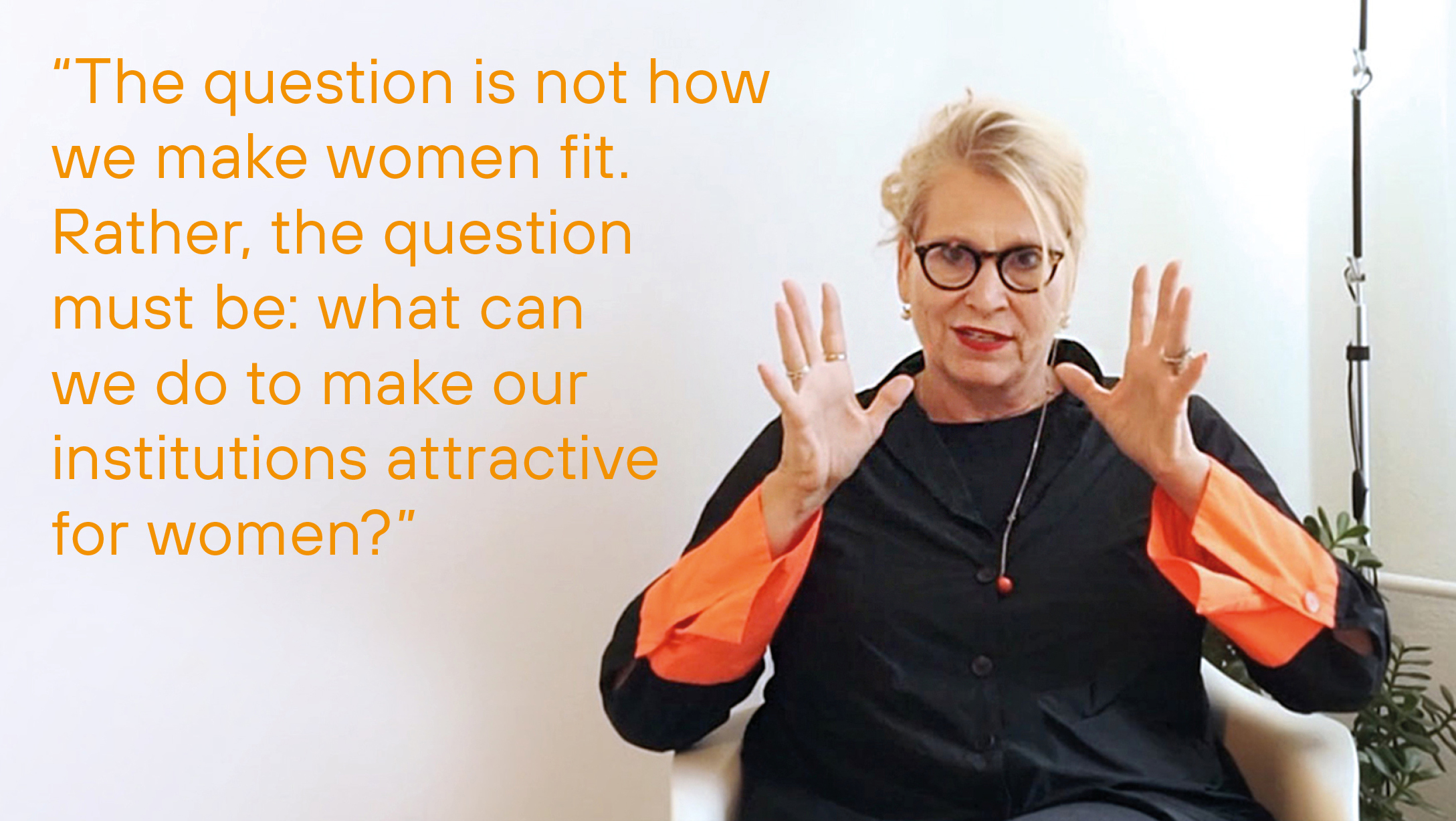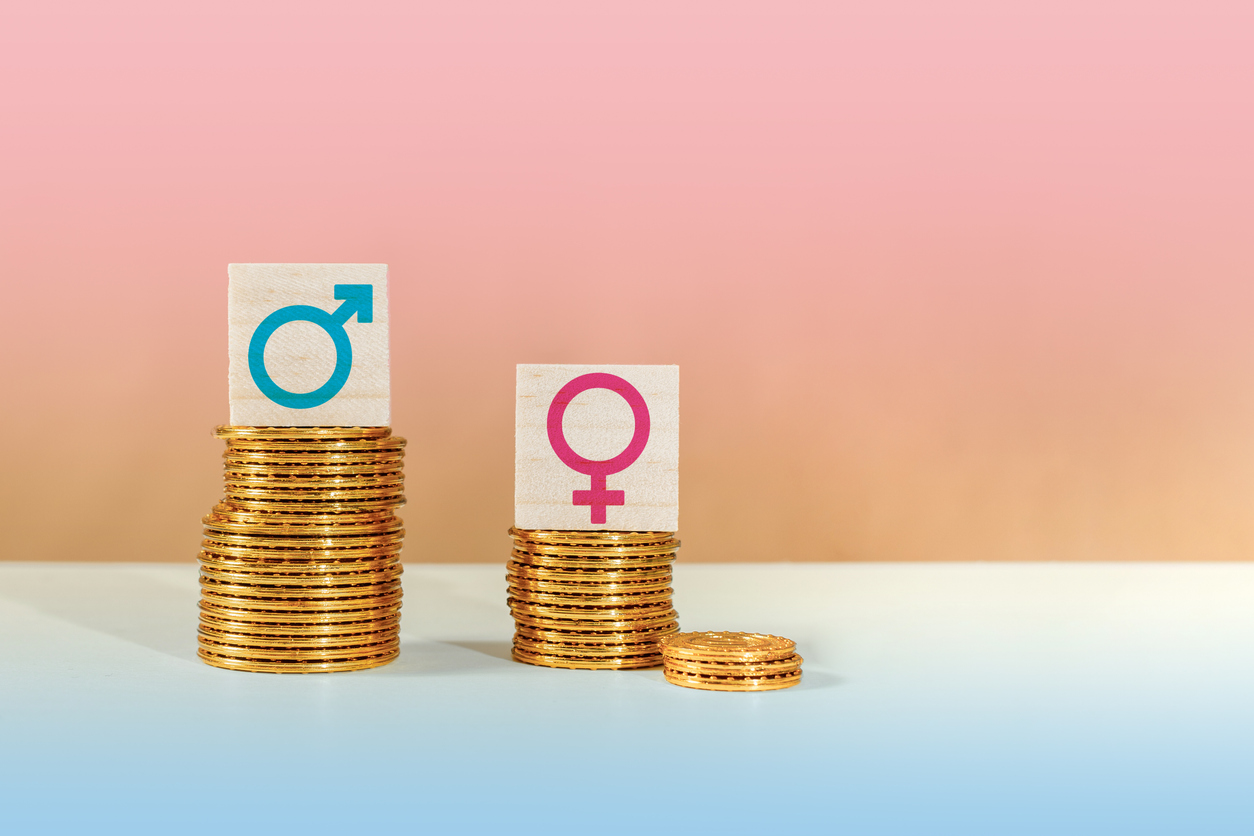Pay equity stands for fairness and job satisfaction. The Gender Pay Gap (GPG) is unfair. It’s good that legislators are also constantly dealing with this in order to create a better normative framework.
Around a year ago, the European Parliament and Council passed the Pay Transparency Directive 2023/970, which aims to further close the GPG (between 6 %-18% ) – our strategic partner INES Analytics just pointed to a new short video on adjusted and unadjusted GPG there. The GPG is to be closed, among other things, through more wage transparency in companies, a stricter reporting requirement, more precise criteria for work of equal value , and an individual right to information. What’s exciting about this is not only that the directive goes beyond current German legislation, but also that the burden of proof in the event of a lack of pay transparency lies with the employer.
The directive must be incorporated into national legislation by 2026.
HR departments and management teams should not wait for this, but should take their own initiative to ensure transparency, fairness and inclusiveness. Gender pay gaps cause dissatisfaction and demotivation among employees, a lack of identification with employers, the migration of skilled workers and important high potentials, and they reduce the attractiveness for female applicants. In process support and advice, we look for clues with our customers, including the systemic conditions of wage discrepancies, occupational segregation, wage gaps or gender specifics in salary negotiations, and work together to develop viable concepts.
Our strategic partner INES Analytics creates in-depth analyses based on company data.







